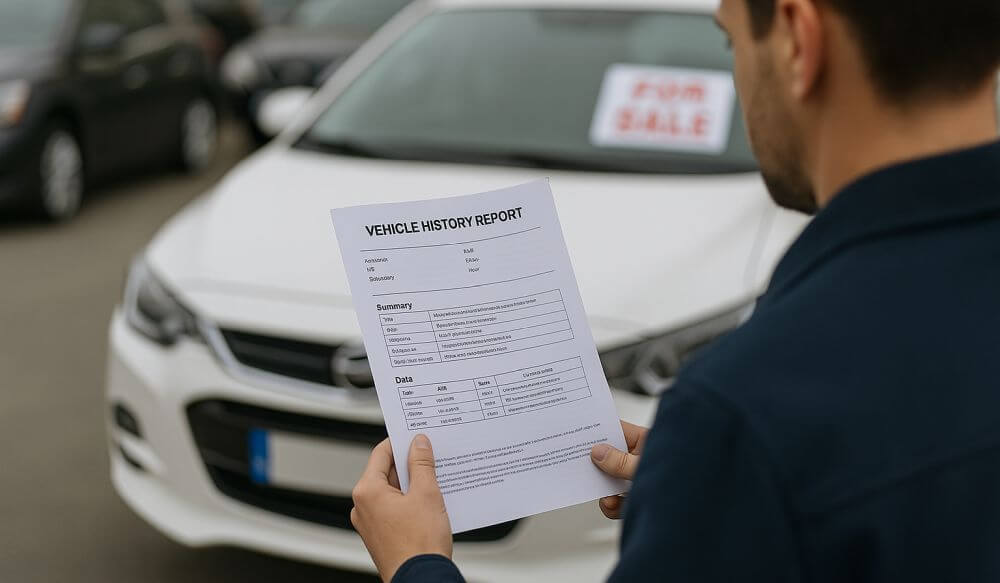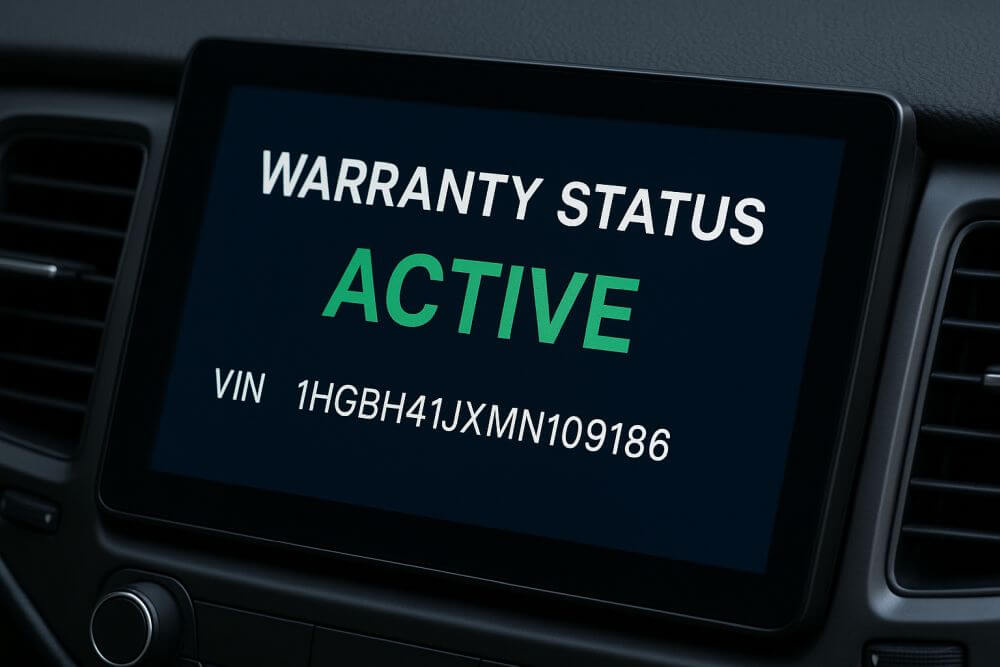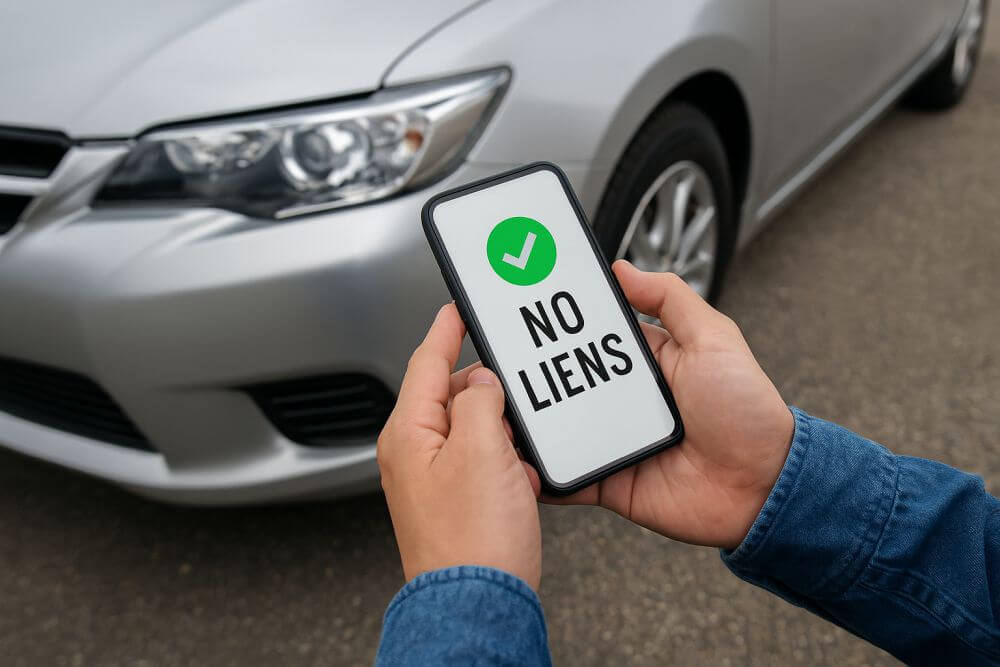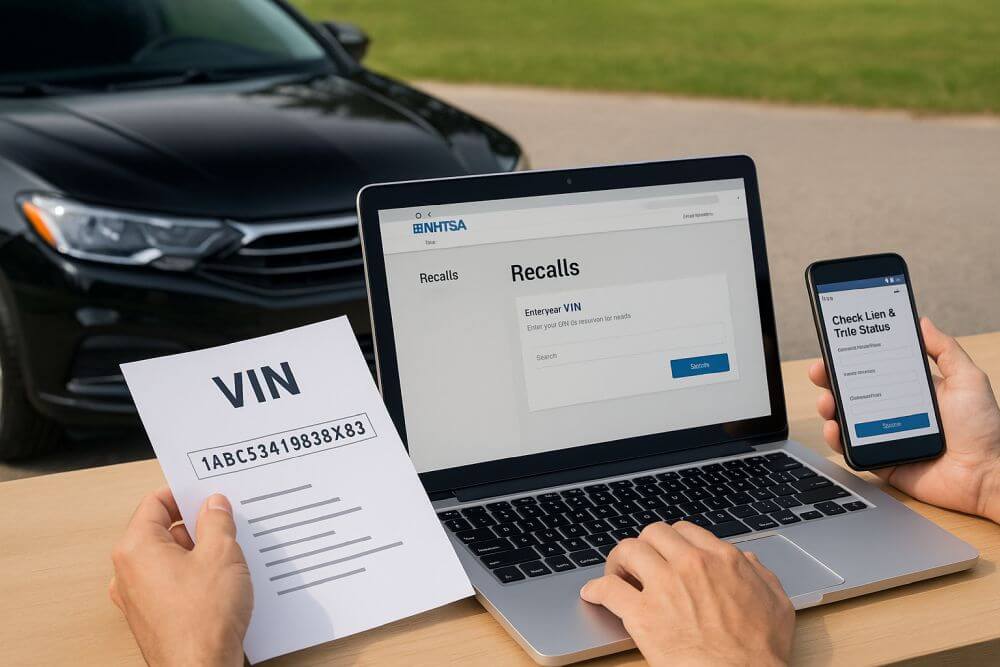Buying a used car can be a smart investment—but only if you know exactly what you’re getting. A clean-looking car can still hide a troubled past, from flood damage to odometer rollbacks. That’s why reading a vehicle history report is one of the most important steps in the car-buying process.

In this guide, we’ll walk through what to look for in a vehicle history report, how to interpret the data, and where to access reliable reports for free.
What Is a Vehicle History Report?
A vehicle history report is a summary of a car’s background compiled from various public and private data sources. It provides insight into the car’s:
- Ownership history
- Title status
- Reported accidents
- Odometer readings
- Recall notices
- Theft records
- Service and maintenance logs (if available)
This report can reveal whether a car is a great find or a potential risk.
Why You Should Check a Vehicle History Report Before Buying
Used car sellers might not always disclose the full picture—and sometimes they don’t even know it themselves. A comprehensive vehicle history report helps you:
- Spot red flags like salvage or flood titles
- Confirm that mileage hasn’t been tampered with
- Avoid buying a car with undisclosed accident history
- Ensure the car wasn’t stolen or repossessed
- Know if the vehicle has open recalls that could affect safety
By reviewing a history report, you put yourself in a stronger position to make a safe and informed decision.
Where to Get a Free Vehicle History Report
Services like VinCheckPro.com offer 100% free vehicle history reports with no sign-up required. You can search using:
- The VIN (Vehicle Identification Number)
- The license plate number and state
Visit VinCheckPro’s vehicle history tool to start your search.
Other resources you can cross-check include:
- NICB VINCheck: for theft and total loss checks
- NHTSA: for active recalls and safety issues
- Carfax: a paid provider with dealership integrations
Key Sections to Review in a Vehicle History Report
1. Title History
This shows whether the vehicle has a clean, salvage, flood, rebuilt, or junk title. You want to avoid cars with branded titles unless you understand the implications and are getting a deep discount.
Look for:
- State-to-state title transfers (which could indicate title washing)
- Lien status (whether a loan is still attached)
2. Odometer Readings
Mileage should be consistent with the car’s age and past reports. A sudden drop or suspicious jump can indicate odometer rollback, a common type of fraud.
3. Accident and Damage Reports
This section includes reports from insurance companies, auctions, and sometimes police departments. Pay attention to:
- Structural or frame damage
- Airbag deployment
- Total loss claims
4. Ownership History
Find out how many owners the car has had, the types of owners (personal, fleet, rental), and how long each owned it. Multiple owners in a short time can be a red flag.
5. Recall Information
Any vehicle with an open safety recall should be taken to a dealership for repair at no cost. You can confirm this info with a NHTSA recall lookup.
6. Service Records (When Available)
Some reports include maintenance and inspection history. These records can give you confidence that the car was well taken care of.
How to Run a Free Vehicle Check with VinCheckPro
- Get the VIN or license plate: You can find the VIN on the dashboard, driver’s side door frame, or registration document.
- Go to VinCheckPro.com
- Use one of the tools:
- Review the report in seconds—no account or payment required.
FAQs
Can a vehicle history report be wrong?
It’s possible for minor service details or unreported accidents to be missing, but most major events (like salvage titles or insurance claims) will show up. It’s smart to use multiple sources and get a mechanic’s inspection.
Is a clean report a guarantee the car is perfect?
No. Some accidents go unreported. Always inspect the vehicle and take it for a test drive.
Is a paid report better than a free one?
Paid services like Carfax may offer more in-depth service history, but for most buyers, free tools like VinCheckPro offer all the critical data needed to evaluate a car’s safety and value.
Final Thoughts
A vehicle history report isn’t just helpful—it’s essential. It gives you an unbiased look into a car’s past, helping you avoid expensive mistakes and dangerous surprises.
With VinCheckPro, you can run a free VIN check or license plate search in seconds and access data from insurance records, DMVs, and more—no strings attached.
Ready to get started?
👉 Visit VinCheckPro’s vehicle history report page and make your next car decision smarter, safer, and stress-free.


